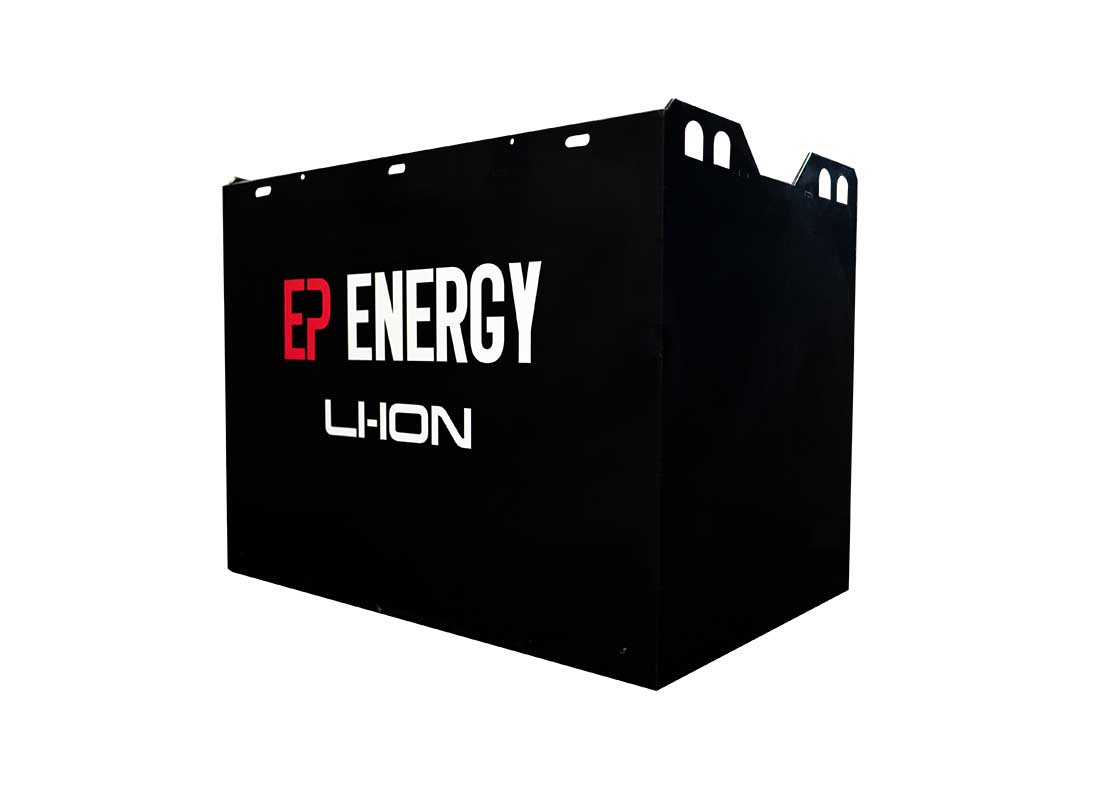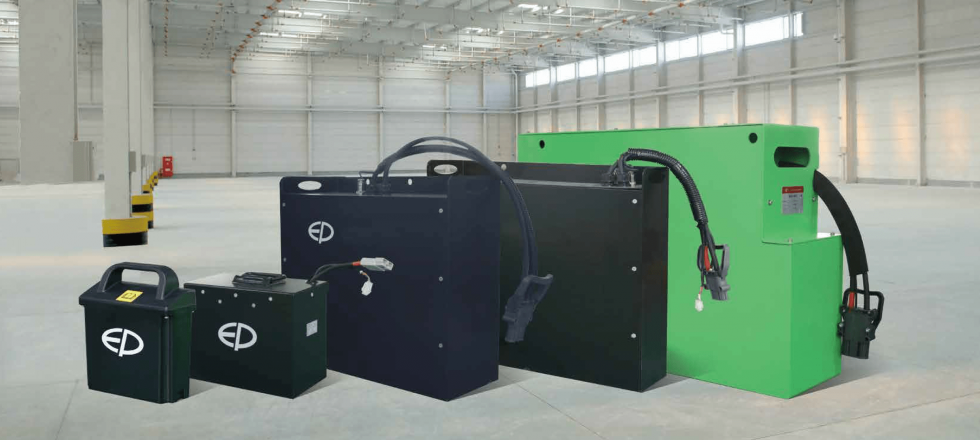Engineering Service
King of the jungle: diesel or Li-ion?
It is very much the debate of our time. Diesel or Li-ion battery power. When it comes to the cars we drive, it certainly seems like the batteries have won, with fossil fuel cars being banned in the UK from 2040 if the government meets its target. However what if we are looking at warehouse trucks and material handling equipment for the retail, manufacturing and distribution industry?
Regardless of whether you’re thinking about new reach trucks, electric forklifts or vertical order pickers, it’s important to consider all of the elements when looking at diesel vs Li-ion batteries, from day-to-day running costs to operating environment and maintenance. So, let’s begin.
What is a Li-ion battery?
Whilst we’re all familiar with older, diesel technology, Li-ion (or lithium-ion) batteries seem like a relatively new technology that many of us may have less experience of or be less familiar with. No matter how new we think a technology is, it’s very rarely as new as we expect. Li-ion batteries were first conceived in the 1970s and have been in fairly wide-spread commercial use since the 1990s.
EP are leading the way with Li-ion battery technology and bringing you the advantages of this new technology to make great gains in your warehouse. Last year our EPT 12EZ was best-selling li-ion forklift in the world. Our Li-ion batteries are produced in our own factory and our own in-house developed BMS – Battery Management System ensures the longest life time out of the battery and safe operation whichever forklift they are powering.

There is no doubt that battery technology will continue to improve and it is certainly attracting a lot of investment and resources from both industry and academia. If the step change from lead-acid batteries to Li-ion batteries is anything to go by, we can trust that battery power will continue to get more efficient and useful to our industry.
Here at EP we think that it’s clear that Li-ion gives forklifts a clear advantage. At EP Equipment we’ve used all these advantages to create the next generation of trucks: LiST-Lithium integrated Smart Trucks. These trucks take full advantage of the small, flexible size of Li-Ion cells and provide a completely new driving experience to the user. At the same time EP gave a facelift to the existing range of products to provide a full line up of Li-Ion trucks in 2018. We see the future of our forklifts in Li-ion technology.
Green or greenwash?
Sustainability is not just a buzzword, it’s at the core of the values that so many companies are now building their businesses on. Li-ion batteries make your warehouse fleet more environmentally friendly than diesel. And we’re not just talking about the environment throughout the world. Within your warehouse, diesel fumes can be a big problem. Proper ventilation and awareness is needed in order to ensure that warehouse equipment that runs on diesel is not affecting the health of those working around them. Li-ion battery-powered material handling equipment will be quieter and produce no emissions, making the day to day working environment for your team cleaner more comfortable and potentially more productive as a result. Removing your team’s exposure to fumes and excessive noise can reap many rewards, particularly when it comes to indoor use. If you’re going to be working predominately indoors, then it’s a clear cut win here for a battery-powered solution.
Does it cost the Earth?
What is more likely to be at the top of your checklist is the financial cost comparison between diesel and li-ion battery-powered material handling equipment. When it comes to upfront costs for like-for-like quality, it’s to be expected that the initial investment required for a battery-operated vehicle will be higher than that of a diesel equivalent. This is primarily a result of having to pay for the battery and charger.
This is balanced out by the reduced operating costs associated with battery power – there’s no demand for the ever more expensive diesel needed to fill the tank. This cheaper charge versus filling the tank with fossil fuel has been one of the main drivers for electric forklift uptake amongst our customers. Once they have invested in the forklifts, the running costs are far lower than for diesel forklifts.
An often overlooked benefit of electric though is the reduced maintenance cost. It’s human nature to expect new technology to be more difficult and expensive to maintain and look after but this really isn’t the case with electric vehicles, whether in the consumer or warehouse sector. There’s no clutch or gearbox to maintain with an electric vehicle for a start. There are far fewer moving parts at all in fact and those that there are come under far less pressure than they do in a combustion engine.
At EP our CPD15/20/30/35L1 trucks are electric counterbalance trucks powered by Li-ion technology and made to make a difference in your warehouse. This range can handle from 1.5-3.5 tonnes and the L1 truck is our first forklift built specifically around Li-ion technology bringing a real difference to your warehouse.
Day to day operations
As well as the benefit of contributing to a healthier warehouse environment, an electric forklift will be more compact than its diesel counterpart. It will be easier to manoeuvre, particularly in small, tight areas and demand less of the driver or operator. By contrast, a diesel warehouse truck is going to be bigger and heavier and take up much more room in both operation and storage inside the warehouse.
Costs for the day to day running of a forklift run on Li-ion batteries is far lower. Diesel can cost around £25 per day, compared to just £3 per day running on battery power. Getting the most out of your electric forklift fleet comes down to good battery management. At EP our Li-ion battery powered forklifts come with the benefit of our battery management technology. We recommend that you have two batteries for each forklift, thereby ensuring that you can charge your batteries whilst still making full use of your fleet. At EP our Battery Management System ensure that you get the most out of your Li-ion batteries guaranteeing safe usage and protecting the battery.
Li-ion batteries break many of the old myths around battery technology. A properly managed Li-ion powered forklift can work for you practically around-the-clock and this has been seen even in businesses that operate 24 hours a day. Recharge time for the forklift can be measured in minutes, not hours and many of our customers schedule this charging for when the operator is on his or her break, or use extra batteries so that charging can take place while your forklift is still working. You need to ask yourself: how does charging a Li-ion powered forklift and having it back in operation in 15 to 30 minutes compare to taking it out of operation and filling the tank with diesel and the associated tasks and safety management of doing this?
As long as you clearly plan your charging schedule you will be in control. This kind of approach, coupled with the cost-benefit of paying for electricity, not diesel; less frequent and costly maintenance; and, reduced risk of unplanned downtime has helped many organisations decide that Li-ion was the way for them.
Making the right choice – Diesel or Li-ion?
It’s not hard to see a future where we’re all driving in our Li-ion powered electric car to a fully electric workplace each morning, no matter what industry sector we operate in. It’s inevitable, in fact. If you’re operating primarily indoors, buy your warehouse trucks and material handling equipment as a total value proposition rather than a commodity and want a safer, cleaner environment with more predictable costs then it’s probably a decision for now, not the future. To find out more about how our Li-ion forklifts can take your fleet to the next level, contact us now.




The advantages of Lithium forklift based on 2023’s price
The advantages of Lithium forklift based on 2023’s price ! The standard working time about
Everything you need to know about lithium ion batteries
Lithium-ion batteries are a relatively new technology, having been first introduced in the 1990s. Lithium-ion
110 Electric Pallet Trucks Make Work Healthier – Equipment 4U & Van Vliet Transport
By purchasing 110 new electric pallet trucks with a lithium-ion battery, two leading Dutch distribution
Everything You Need to Know About Walkie Counterbalance Stackers
When you think about the type of machinery that is used for handling different types
What are the benefits of switching to lithium-ion?
The UK government has made it clear that more needs to be done towards the
Grow with EP Equipment – Spanish Dealer Grupo Sanfeliu
Grupo Sanfeliu, located in Barcelona, Spain, joined EP as a partner in 2020. It has